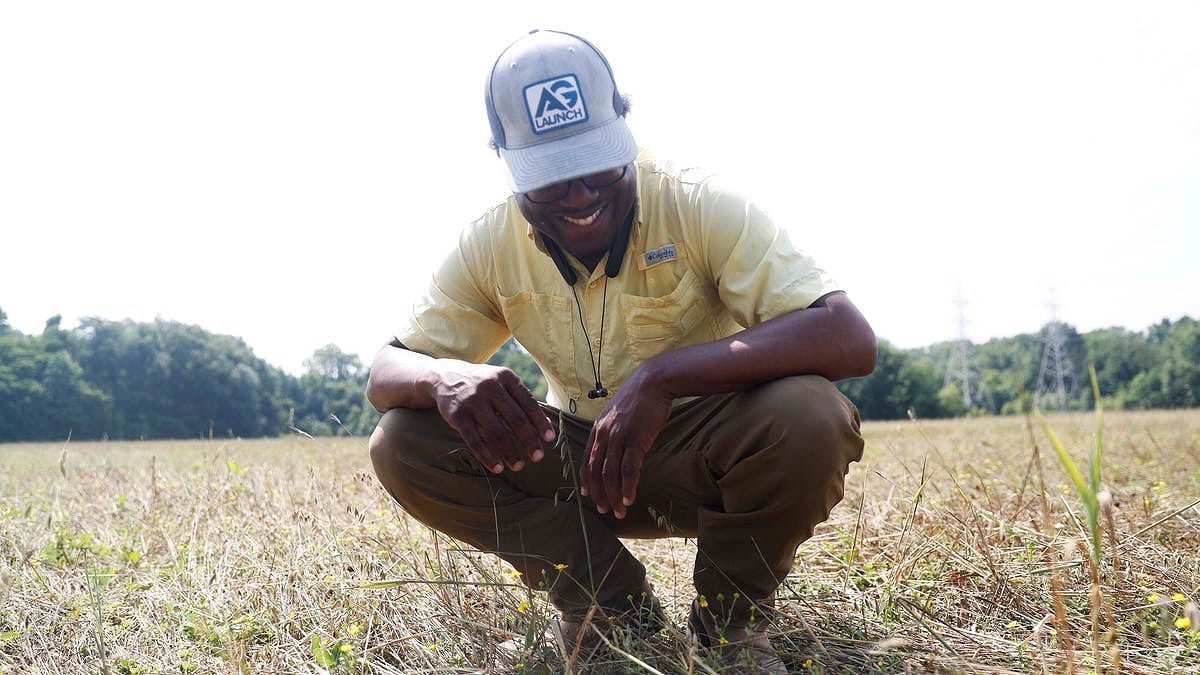Explore the unique challenges faced by organic farmers in the South, including the region’s climate and limited research. Discover the potential for profitability and environmental sustainability in organic farming.
The Unique Challenges of Organic Farming in the South
Organic farming in the South presents distinct challenges due to the region’s climate and limited research. The warmer and wetter climate in states like Tennessee, Mississippi, Louisiana, and Alabama creates a favorable environment for pests, bacteria, and fungi, making it more difficult to maintain organic practices. Additionally, the lack of region-specific research and educational resources further compounds these challenges.

( Credit to: Tennessean )
Despite these obstacles, it is crucial to recognize the potential for organic farming in the South. By addressing these challenges head-on and providing targeted support, organic farming can thrive in this region, contributing to both profitability and environmental sustainability.
Labor Costs and Certification Process
One of the major challenges faced by organic farmers in the South is the higher labor costs associated with organic farming practices. According to a USDA study, organic farms incur an average of $37 more per acre in labor costs compared to conventional farms. This is due to the labor-intensive nature of organic farming, which requires manual weed control and pest management.
Another challenge is the lengthy certification process. Organic farmers must adhere to strict guidelines and undergo a three-year waiting period before they can obtain organic certification. During this period, farmers may experience lower yields and increased expenses without being able to command higher prices for their products.
Limited Research and Education
The lack of region-specific research and educational resources is a significant hurdle for organic farmers in the South. The region’s unique climate and pest challenges require tailored knowledge and techniques. However, limited research has been conducted on organic farming practices in the South, leaving farmers with fewer resources to rely on.
Efforts should be made to prioritize and fund research initiatives that focus on organic farming in the South. By providing farmers with the necessary information and tools, we can empower them to overcome the challenges and optimize their organic farming practices.
Pesticide Drift and its Impact
Pesticide drift poses a significant obstacle for organic farmers in the South. The prevalence of herbicides like dicamba and the proximity of farms can lead to the drifting of these chemicals onto non-genetically modified crops, causing substantial losses. The impact of pesticide drift can be felt even miles away from the source, further complicating organic farming in the region.
Efforts should be made to raise awareness about the issue of pesticide drift and implement stricter regulations to protect organic farmers. By creating buffer zones and promoting responsible pesticide use, we can minimize the negative impact on organic farming in the South.
Success Stories and Future Prospects
Despite the challenges, there are success stories of organic farming in the South. Farmers like Shawn Peebles from Arkansas have successfully transitioned to organic practices, improving their profitability and crop management. These success stories highlight the potential for organic farming in the region.
Organizations like AgLaunch are actively working to support organic farming in the South. Through programs that assist farmers in transitioning to organic practices and implementing sustainable techniques, they are paving the way for a future where organic farming thrives in the South.
Conclusion
Organic farming in the South faces unique challenges, including the climate, limited research, and pesticide drift. However, by addressing these challenges through targeted support, funding research initiatives, and raising awareness, we can overcome these obstacles and unlock the potential for organic farming in the region.
With increasing consumer demand for organic produce, embracing organic farming practices in the South can lead to profitability and environmental sustainability. By working together, farmers, organizations, and policymakers can create a more sustainable and healthier agricultural future in the South.
